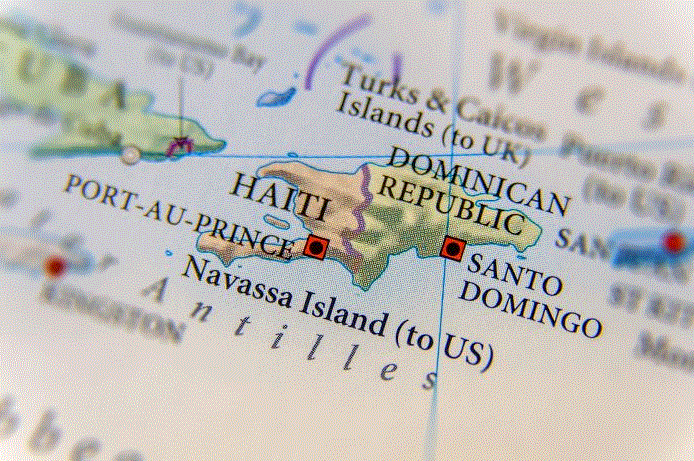The African Swine Fever (ASF) virus has been confirmed in pigs in Haiti, according to the World Organisation for Animal Health (OIE). This is the first time the disease has been detected in the country since 1984.
Haiti shares the Caribbean island of Hispaniola with the Dominican Republic, where ASF was confirmed in pigs in July.
According to reports, the virus was confirmed on September 17 by the Foreign Animal Disease Diagnostic Laboratory at Plum Island. The outbreak started August 25 on a farm in Anse-à-Pitre with 2,500 susceptible animals near the border with the Dominican Republic.
Since the discovery of ASF in the Dominican Republic, the U.S. Department of Agriculture (USDA) has taken steps to prevent the disease from making it to U.S. territories or the mainland. In late August, USDA’s Animal and Plant Health Inspection Service (APHIS) said it would establish a foreign animal disease (FAD) protection zone in Puerto Rico and the U.S. Virgin Islands. The OIE provides for the establishment of a protection zone within an area free of disease, as a temporary measure in response to an increased risk from a neighboring country or zone of different animal health status. Once the OIE recognizes the protection zone(s), APHIS will work to confirm that individual countries recognize and accept the zone(s). Their recognition will ensure the continued flow of U.S. pork and live swine exports.
This week, APHIS suspended movement of pigs and pig products from Puerto Rico and the U.S. Virgin Islands. In an order dated September 17, APHIS said it was suspending the interstate movement of all live swine, swine germplasm, swine products, and swine byproducts from Puerto Rico and the U.S. Virgin Islands, effective immediately, until APHIS can establish sufficient mitigations to authorize such movement.
APHIS said that the proximity of the Dominican Republic to Puerto Rico and the U.S. Virgin Islands, as well as other factors including the frequency of passenger travel, international mail shipments and the frequency of small-scale commercial agriculture trade in the region, increase the risk of spreading ASF from the Dominican Republic to Puerto Rico and the U.S. Virgin Islands.














